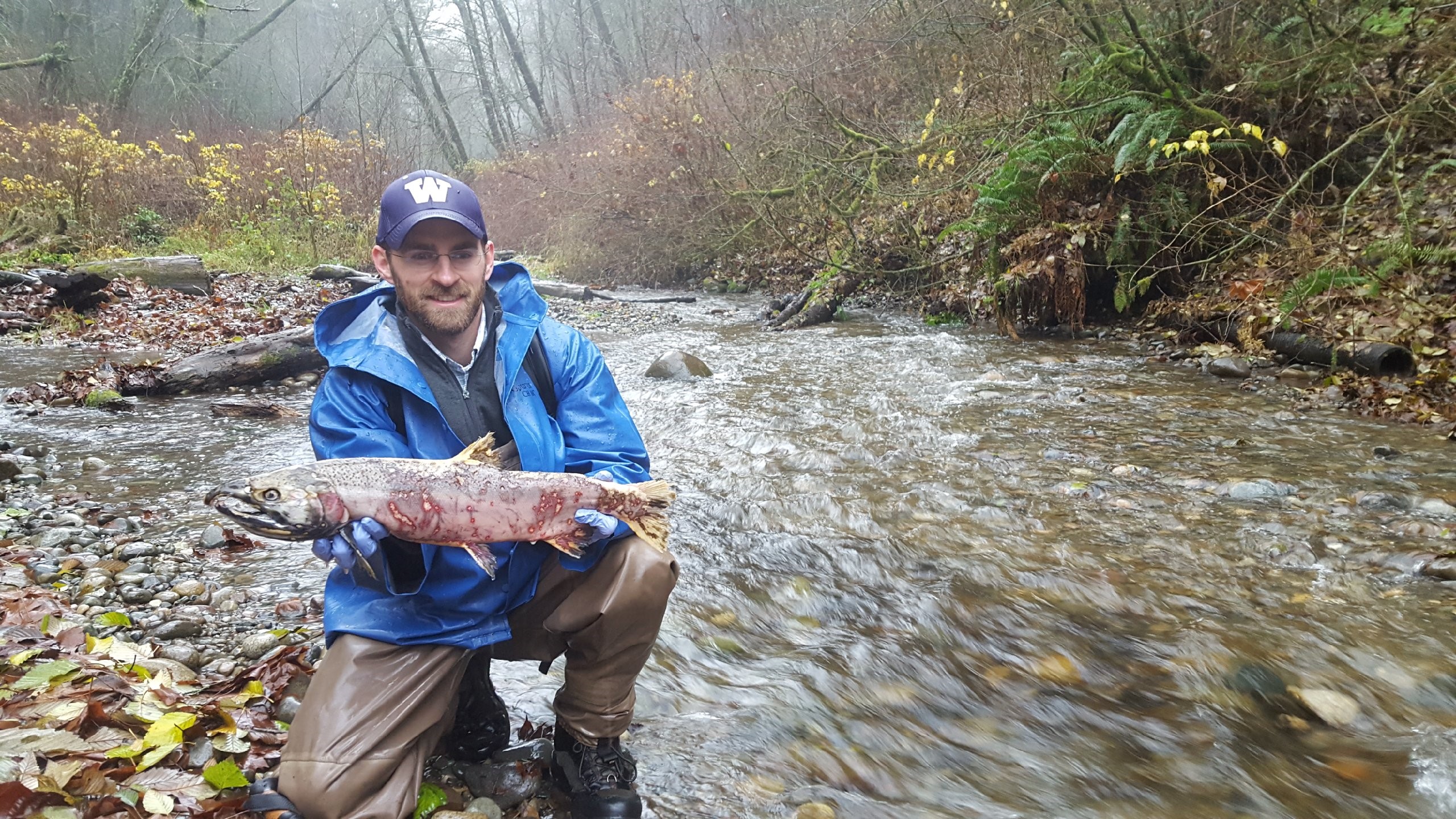You are not alone: Looking at what SafeCampus provides
A conversation with Gillian Wickwire about the purpose and need for SafeCampus.
Trigger warning: Discussion about homicide, violence, shootings, abuse, stalking, and suicide.
SafeCampus is a program at UW that seeks to provide services for students, staff and faculty that help with issues in regards to harassment or violence. This program is provided at all three UW campuses and UW affiliated programs.
Manager of Safecampus, Gillian Wickwire, spoke about the motivations behind starting this program.
“This program was formed in 2007, after we had a homicide occur at UW Seattle,” Gillian said. “That happened and then the Virginia Tech shooting happened two weeks later.”
These events caused UW to fund the SafeCampus program.
“I’ve been in my position for 12 years now,” Wickwire said.“I got hired in 2008 as the Violence Response Specialist and I was in charge of the hotline. Then, about four years ago, I was hired into the manager position.”
Now, Gillian works with four full time staff members and student employees to meet the demands of those who are seeking help. She also noted that there are a wide variety of reasons for someone to make use of SafeCampus services.
“Someone who is experiencing, or knows someone experiencing, stalking — whether online or in-person — relationship or gender-based violence, suicide ideation, or cyber harassment should consider contacting SafeCampus,” she said.
SafeCampus services are imperative in a time where students, staff and faculty may be looking for different methods of getting help.
“A lot of people want models that don’t go to the police department. If you see someone do violence in real time, the police will be the ones to call. We are here for things like stalking or relationship violence. We are a good first stop,” Gillian says.
Gillian Wickwire said she recognizes how people feel about policing and how they would want to redirect needs pertaining to harassment and violence prevention to services that specialize with these specific concerns.
SafeCampus is well-trained utilizes policies around not forcing individuals to share more than they wish about themselves or the people they know.
“They don’t have to give any information that they don’t want to give to us … They can stay anonymous. We work in trauma-informed matters. We aren’t going to say or do things that will make things worse. We can help,” Wickwire said.
SafeCampus also provides other forms of aid set around community awareness that takes form through training students, staff and faculty on preventative measures.
“Right now, we have past recorded zoom sessions available for anyone to watch. We will start back up with live sessions in the spring quarter. You will be able to ask questions in real time,” she said.
Asides from this training, SafeCampus has also collaborated with the UW Graduate Student Union to create the Empowering Prevention and Inclusive Communities, or EPIC, a program that revolves around sexual harassment training.
“This is a relatively new program and specifically for graduate students. It’s bystander focused to teach people what their options are,” Gillian said.
Gillian said that in the midst of quarantine, SafeCampus has seen these issues worsen. Now more than ever with stresses running high, it’s important for students to seek help for the issues they face.
“We’re all in this storm together, and I think everyone can use some support and some resources. There are many resources at the university and we’re just one of them. So I encourage people to consider talking to a counselor. All kinds of relationships are hard right now. I think people should be present right now and focus on what can get them forward.”
The number that students, staff and faculty can use to reach SafeCampus is 206-685-7233. SafeCampus has a 24/7 answering service, 7 days a week. Though it’s advised to call during 8 a.m. to 5 p.m., since you will be easier to speak to a live representative then.


